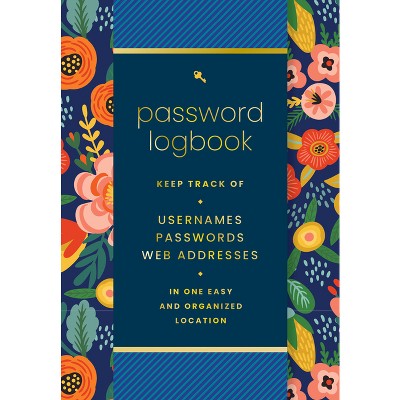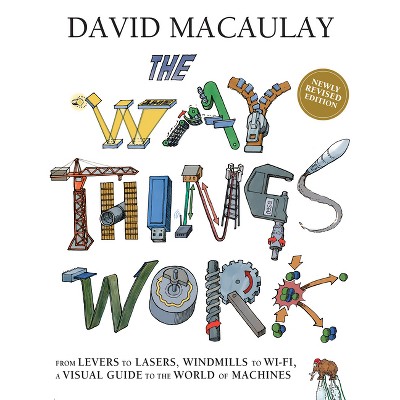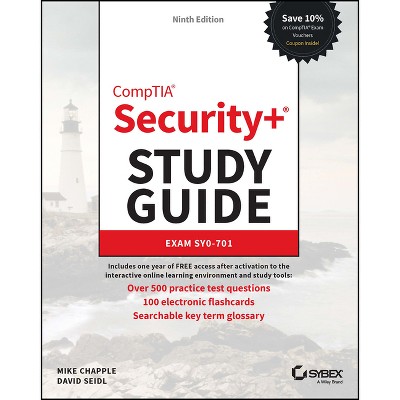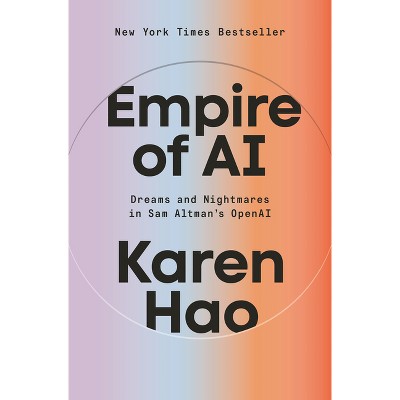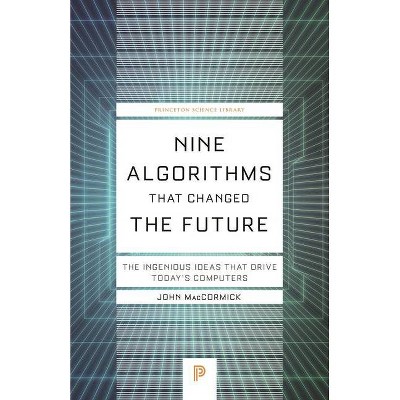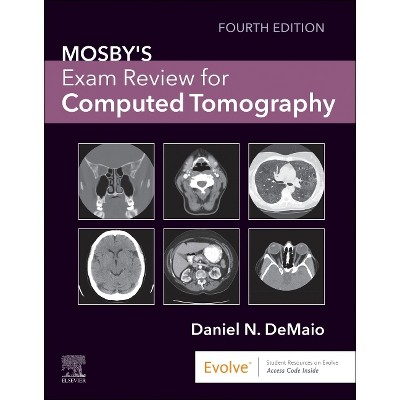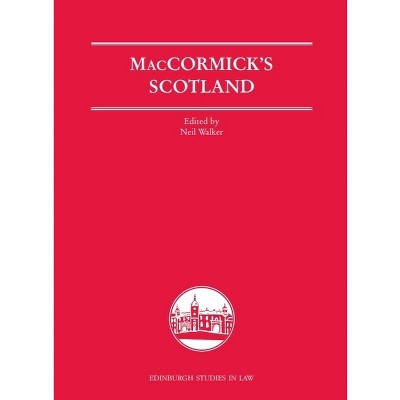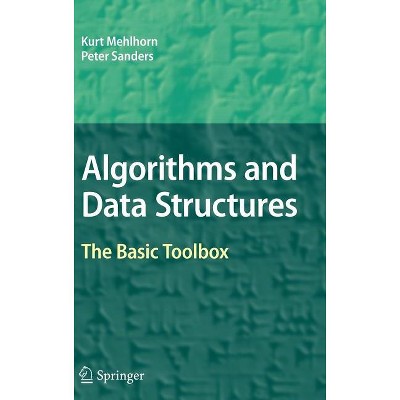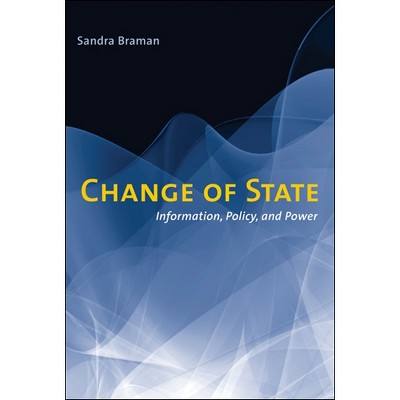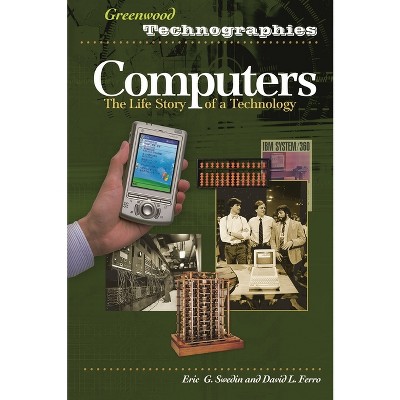Sponsored

What Can Be Computed? - by John Maccormick (Hardcover)
In Stock
Sponsored
About this item
Highlights
- An accessible and rigorous textbook for introducing undergraduates to computer science theory What Can Be Computed?
- About the Author: John MacCormick is associate professor of computer science at Dickinson College and a leading teacher, researcher, and writer in his field.
- 408 Pages
- Computers + Internet, Computer Science
Description
About the Book
This is a uniquely accessible yet rigorous introduction to the most profound ideas at the heart of computer science. Crafted specifically for undergraduates who are studying the subject for the first time, and requiring minimal prerequisites, the book focuses on the essential fundamentals of computer science theory and features a practical approach that uses real computer programs (Python and Java) and encourages active experimentation. It is also ideal for self-study and reference.Book Synopsis
An accessible and rigorous textbook for introducing undergraduates to computer science theory
What Can Be Computed? is a uniquely accessible yet rigorous introduction to the most profound ideas at the heart of computer science. Crafted specifically for undergraduates who are studying the subject for the first time, and requiring minimal prerequisites, the book focuses on the essential fundamentals of computer science theory and features a practical approach that uses real computer programs (Python and Java) and encourages active experimentation. It is also ideal for self-study and reference. The book covers the standard topics in the theory of computation, including Turing machines and finite automata, universal computation, nondeterminism, Turing and Karp reductions, undecidability, time-complexity classes such as P and NP, and NP-completeness, including the Cook-Levin Theorem. But the book also provides a broader view of computer science and its historical development, with discussions of Turing's original 1936 computing machines, the connections between undecidability and Gödel's incompleteness theorem, and Karp's famous set of twenty-one NP-complete problems. Throughout, the book recasts traditional computer science concepts by considering how computer programs are used to solve real problems. Standard theorems are stated and proven with full mathematical rigor, but motivation and understanding are enhanced by considering concrete implementations. The book's examples and other content allow readers to view demonstrations of--and to experiment with--a wide selection of the topics it covers. The result is an ideal text for an introduction to the theory of computation.- An accessible and rigorous introduction to the essential fundamentals of computer science theory, written specifically for undergraduates taking introduction to the theory of computation
- Features a practical, interactive approach using real computer programs (Python in the text, with forthcoming Java alternatives online) to enhance motivation and understanding
- Gives equal emphasis to computability and complexity
- Includes special topics that demonstrate the profound nature of key ideas in the theory of computation
- Lecture slides and Python programs are available at whatcanbecomputed.com
From the Back Cover
"This wonderful book explores the theory of computing from a practical viewpoint. John MacCormick covers the basic concepts of computability and complexity, what we can and cannot compute--keeping the material grounded by connecting it with Python--the popular programming language."--Lance Fortnow, author of The Golden Ticket: P, NP, and the Search for the Impossible
"This well-designed, well-written, and accessible book assumes minimal prerequisites, explains the intuition behind its proofs, and has the unique feature of using Python as a computational model, which makes the presentation practical. I especially like its inclusion of historical content."--Jianfeng Lu, Duke University
"I would love to adopt this text for my introduction to theory of computation course. The level and coverage is perfect for undergraduates. The text hits the sweet spot by carefully presenting the ideas without an overwhelming level of mathematical sophistication. I want my students to come away from the course with the big ideas rather than struggling through mathematical notation and formal proofs, and this text does exactly that. I love that the main computational model is Python, and I think this makes the content more real for students."--Jill Zimmerman, Goucher College
"What Can Be Computed? should succeed brilliantly in capturing the imagination of students. Using Python as a model of computation, MacCormick is able to introduce the greatest ideas in computer science theory as quickly and intuitively as possible. On the other hand, no rigor is ever lost. Over and over, he finds ways to take very complex concepts and boil them down to small and concrete components. Core concepts are presented in a beautiful and accessible way."--Matt Franklin, University of California, Davis
Review Quotes
"The concept is excellent, and it fills an important gap in the available textbooks on computation theory."---Kitty Meeks, London Mathematical Society
About the Author
John MacCormick is associate professor of computer science at Dickinson College and a leading teacher, researcher, and writer in his field. He has a PhD in computer vision from the University of Oxford and has worked in the research labs of Hewlett-Packard and Microsoft. His previous books include Nine Algorithms That Changed the Future: The Ingenious Ideas That Drive Today's Computers (Princeton). Erik Demaine and Martin Demaine created the curved crease sculpture featured on the cover of What Can Be Computed? Cover photo courtesy of the artists.